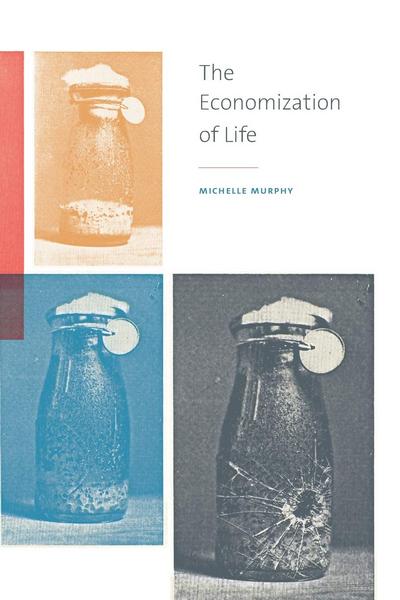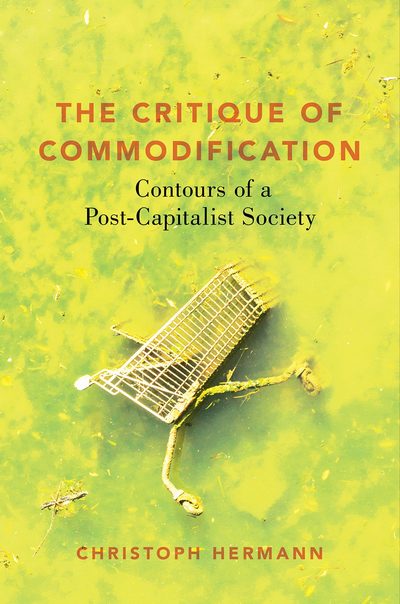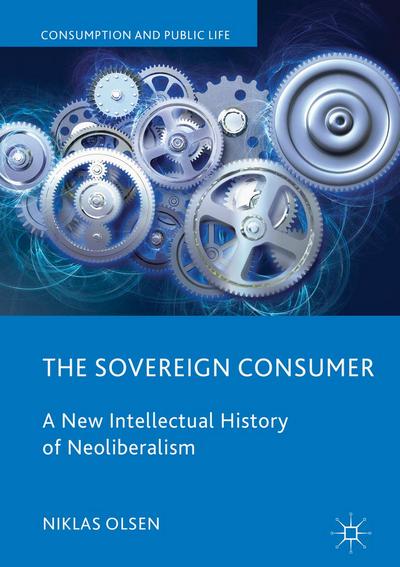[Do check out our extensive bibliographies for more readings.]
Yes, we do hate how it sounds. But, overall, it's not the worst framework for thinking through the creeping takeover (a hard pun to resist) by crypto of much of the social life. There are two decent articles that already try to make sense of blockchains through this paradigm (see Koray Caliskan's article and also Francis Jervis' one).
Even though some of the abstract ideas that underpin the notion of "economisation" did circulate in various brances of social science (e.g. economic anthropology) for decades, it was a two-part article by Michel Callon and Koray Caliskan that made the concept operational (part 1; part 2). Michelle Murphy produced a wondeful book-length study in 2017.

Bob Jessop's chapter on the "economization of social formations" is also worth reading - so is the whole collection [pdf] on the "marketization of society" - a related term - where it appears.
Some of the best work on both "economization" and "marketization" has come from scholars critical of market-based instruments of climate governance. Over the past two decades, they have done a remarkable job demonstrating the many ways in which market-based conservation crowds out the more political solutions.
There are two related concepts, the old Marxist one of "commodification" and the newer one of "assetization," which can also open some fruitful avenues of analysis of phenomena such as "cryptoeconomics." Christoph Hermann's recent intellectual history of "commodification" is an excellent starting point for the former. Kean Birch and Fabian Muniesa, in turn, have done a lot of recent work on the latter.

The idea that "consumer sovereignty" triumphs sovereignties of other kinds has been key to enabling many of the processes discussed above. Niklas Olsen's work on the "sovereign consumer" is a must-read.

Relatedly, the idea that competition is the mechanism by which societies advance also facilitates many of the underlying processes, from "economization" to "marketization." There's been a lot of interesting work on the genealogy of competition as a concept; Nicholas Gane's work as well as that of Stephan Puehringer and his collaborators is worth reading.
